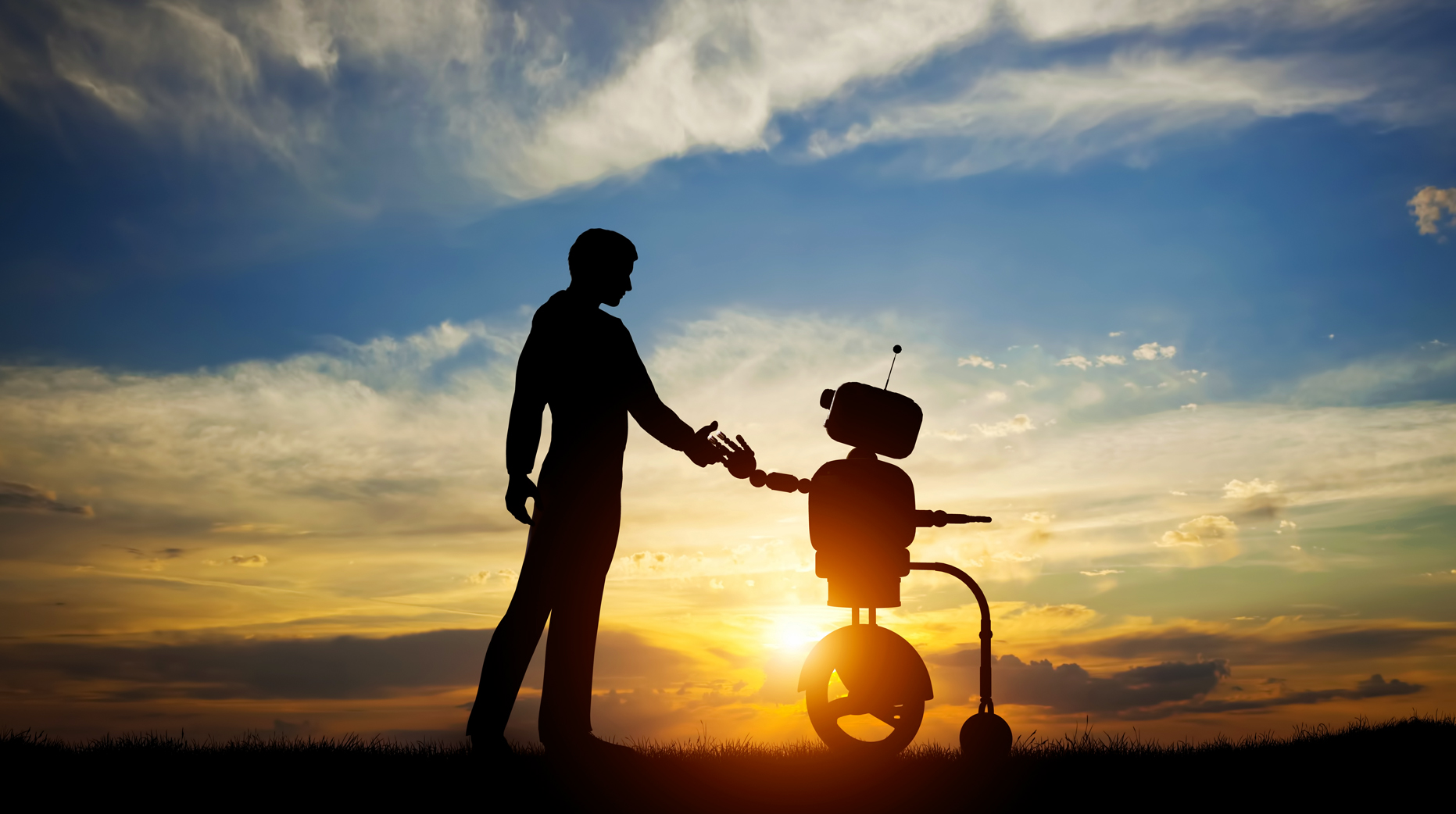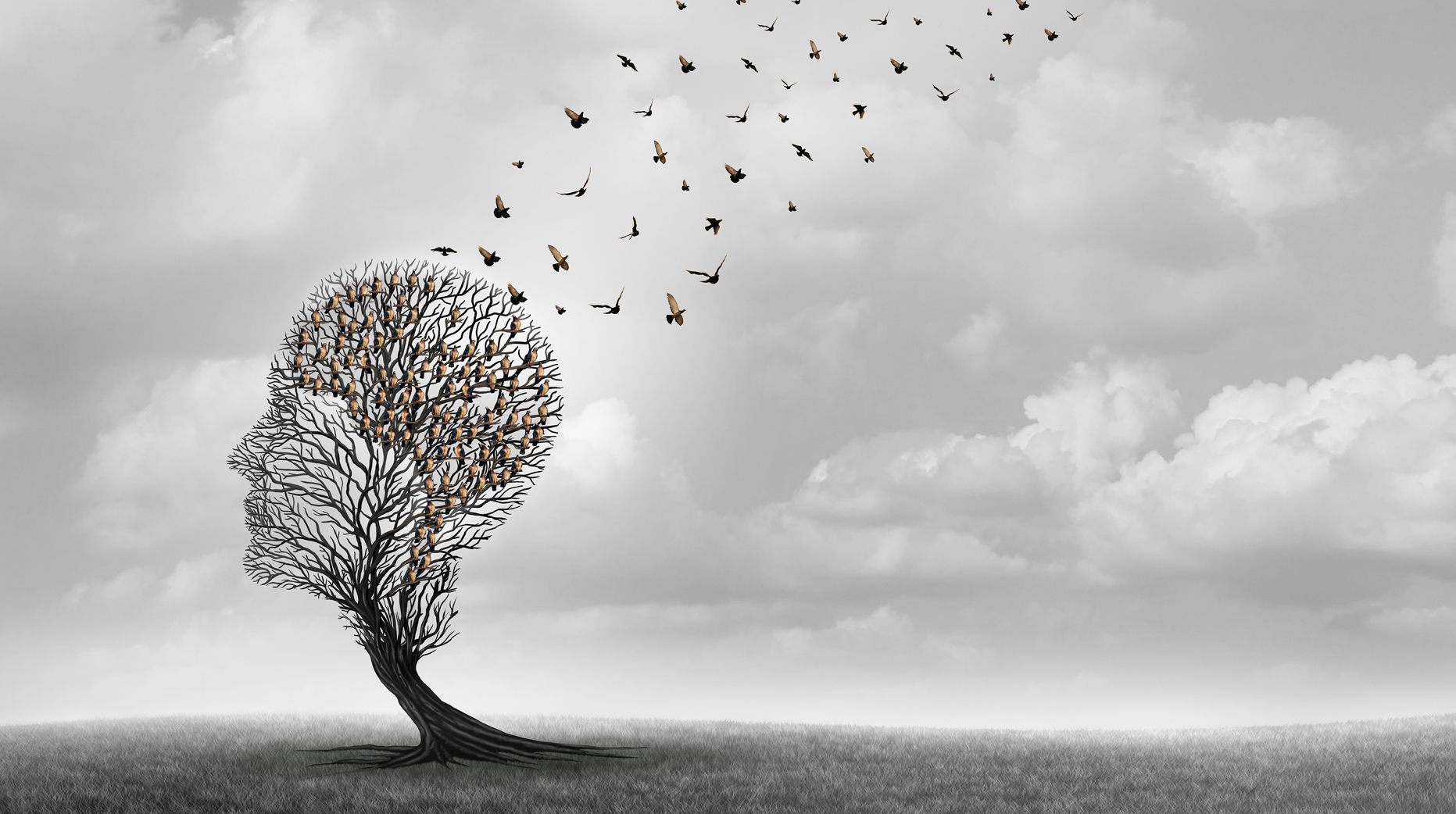The Remarkable History Of Human Adaptability
Anthropology is the study of human cultures and societies. It looks at all the factors that make us human. The beginnings of our story stretch back millions of years in time, and anthropology seeks to unravel the long-hidden mysteries of human existence in an attempt to explain the past so that we can better understand the future.
Unless it’s your field of study or a hobby project, most people likely have a fuzzy understanding of what anthropology encompasses. Scientists look to answer questions about humanity, including:
- When did humans develop verbal languages? Written languages?
- Do all societies organise themselves in the same way? Is marriage (or some version) typically present?
- Are most humans “good”? Are some humans inherently “evil”?
- Is the human brain still evolving?
- How has technology shaped the values of human beings? Or ideas of socialism, fascism, or capitalism?
- Fortunately, our ancestors exhibited agility and the ability to change (sometimes rapidly) to conditions around them. Imagine how the world was when we actually had to run away from predators and depend on the next hunt for survival.
The Ever-changing, Amazing Human Brain
Our brains are plastic, which means they can change throughout our lives. You can “teach an old dog new tricks” because the brain allows new connections to form between neurons. This plasticity likely served early humans well, allowing them to rapidly learn and adjust to their environments.
Even more interesting, our brains as a species seem to be continuing to evolve. A gene called Microcephalin regulates brain size, and the modern version of the gene arose around 37,000 years ago at a very rapid frequency. The spread of this gene occurred faster than can be explained with neutral drift, indicating strong positive selection.1
Taking Risks Is The Human Way
Taking risks is part of being a human being. Everything we do is a calculated risk, from getting into the car, taking a new job, or deciding to adopt a puppy. For leaders, risks may include marching to your own drum or going with a gut instinct.
To create an organization that’s adaptable and innovative, people need the freedom to challenge precedent, to ‘waste’ time, to go outside of channels, to experiment, to take risks and to follow their passions.
Gary Hamel
Our world is continuously changing, which brings us new technologies, scientific advances, and incredible art and literature. We must all adapt faster than ever, and the demands on our personal and professional lives can be overwhelming, negatively impacting our conduct with others and the decisions we make.
To effectively navigate constantly shifting conditions, we must become lifelong learners. Instead of floundering around, desperately trying to keep up with the flow, we should develop our abilities and create a vision for the future.2
Read Anthropology Books To Increase Adaptability
Learning about anthropology is important for everyone because it is our history. But more than that, anthropology gives us clues about our future. Consider these books to broaden your mind and delve into the fascinating world of anthropology.
- A Primate’s Memoir: A Neuroscientist’s Unconventional Life Among the Baboons: Written by Robert M. Sapolsky, he tells the story spanning twenty-one years of his time in Kenya living with a troop of baboons. It will make you laugh and cry as you learn about the challenges for man and beast living in the Serengeti.
- One River: Written by Wade Davis, this is the story of two generations of explorers in South America. Inspired by his professor, Richard Even Schultes, Davis explores a mystical land seeking to unravel the secrets of coca, known to the Inca as the Divine Leaf of Immortality.
- Guns, Germs, and Steel: The Fates of Human Societies: Written by Jared Diamond, Guns, Germs, and Steel reviews human history since the Ice Age and attempts to explain gaps in power and technology in different human societies.
Leaders today are expected to exhibit great agility and adaptability. Learning about new ideas and thoughts, even from the past, can help us better understand our potential.
Citation:
1. Evans PD, Gilbert SL, Mekal-Bobrov N, Vallender EJ, Anderson JR, Vaez-Azizi LM, Tishkoff SA, Hudson RR, Lahn BT. Microcephalin, a gene regulating brain size, continues to evolve adaptively in humans. Science. 2005;309(5741):1717-20).
2. Damiano, S. Wellbeing Strategies for Optimal Brain & Body Performance: Inspired by the Documentary Make Me A Leader. About my Brain Institute. 2018.
- i4 Neuroleader (353)
- Leadership & Culture (336)
- Brain Health & Wellbeing (206)
- Innovation (97)
- Performance (85)
- Our News (79)
- Collaboration (68)
- Agility (53)
- Practitioner Stories (44)
- In The Press (36)
- Make Me A Leader (33)
- Balance (31)
- Integration (30)
- Imagination (29)
- Awareness (23)
- Brain-Friendly Channel (22)
- Brain-Friendly Leadership (22)
- Communication (22)
- Curiosity (21)
- Inspiration (19)
- Intuition (19)
- Attitude (17)
- Courage (16)
- Adaptability (14)
- Case Studies (14)
- Drive (14)
- Generosity (13)
- Ethics (9)
- Mental Readiness (9)
- Influence (8)
- Retreat (8)
- Brain-Friendly Leadership (1)
- Oracle Cards (1)
- 1 November 2025 (2)
- 1 September 2025 (3)
- 1 August 2025 (5)
- 1 July 2025 (5)
- 1 June 2025 (2)
- 1 April 2025 (1)
- 1 March 2025 (8)
- 1 February 2025 (3)
- 1 September 2024 (4)
- 1 July 2024 (2)
- 1 June 2024 (6)
- 1 May 2024 (2)
- 1 April 2024 (3)
- 1 March 2024 (1)
- 1 November 2023 (1)
- 1 August 2023 (1)
- 1 July 2023 (2)
- 1 June 2023 (2)
- 1 May 2023 (4)
- 1 April 2023 (2)
- 1 March 2023 (7)
- 1 February 2023 (4)
- 1 January 2023 (1)
- 1 September 2022 (1)
- 1 May 2022 (3)
- 1 April 2022 (1)
- 1 March 2022 (5)
- 1 February 2022 (4)
- 1 January 2022 (4)
- 1 December 2021 (2)
- 1 November 2021 (4)
- 1 October 2021 (3)
- 1 September 2021 (6)
- 1 August 2021 (1)
- 1 April 2021 (1)
- 1 December 2020 (2)
- 1 November 2020 (1)
- 1 September 2020 (1)
- 1 August 2020 (1)
- 1 July 2020 (3)
- 1 June 2020 (4)
- 1 May 2020 (3)
- 1 April 2020 (4)
- 1 March 2020 (6)
- 1 February 2020 (4)
- 1 January 2020 (2)
- 1 December 2019 (3)
- 1 November 2019 (3)
- 1 October 2019 (5)
- 1 September 2019 (4)
- 1 August 2019 (4)
- 1 July 2019 (4)
- 1 June 2019 (5)
- 1 May 2019 (9)
- 1 April 2019 (9)
- 1 March 2019 (8)
- 1 February 2019 (7)
- 1 January 2019 (8)
- 1 December 2018 (5)
- 1 November 2018 (10)
- 1 October 2018 (16)
- 1 September 2018 (9)
- 1 August 2018 (10)
- 1 July 2018 (9)
- 1 June 2018 (8)
- 1 May 2018 (9)
- 1 April 2018 (9)
- 1 March 2018 (9)
- 1 February 2018 (8)
- 1 January 2018 (8)
- 1 December 2017 (6)
- 1 November 2017 (9)
- 1 October 2017 (9)
- 1 September 2017 (8)
- 1 August 2017 (10)
- 1 July 2017 (8)
- 1 June 2017 (8)
- 1 May 2017 (9)
- 1 April 2017 (8)
- 1 March 2017 (6)
- 1 January 2017 (3)
- 1 December 2016 (4)
- 1 November 2016 (5)
- 1 October 2016 (4)
- 1 September 2016 (2)
- 1 August 2016 (4)
- 1 July 2016 (4)
- 1 June 2016 (2)
- 1 May 2016 (3)
- 1 April 2016 (3)
- 1 March 2016 (7)
- 1 February 2016 (2)
- 1 January 2016 (5)
- 1 December 2015 (2)
- 1 November 2015 (2)
- 1 October 2015 (4)
- 1 September 2015 (2)
- 1 August 2015 (2)
- 1 July 2015 (1)
- 1 June 2015 (3)
- 1 May 2015 (4)
- 1 April 2015 (5)
- 1 March 2015 (3)
- 1 February 2015 (3)
- 1 January 2015 (3)
- 1 December 2014 (3)
- 1 November 2014 (3)
- 1 October 2014 (3)
- 1 September 2014 (5)
- 1 August 2014 (4)
- 1 July 2014 (5)
- 1 June 2014 (3)
- 1 May 2014 (1)
- 1 March 2014 (1)
- 1 December 2013 (2)
- 1 November 2013 (1)
- 1 July 2013 (1)
- 1 June 2013 (1)
- 1 May 2013 (3)
- 1 April 2013 (1)
- 1 March 2013 (2)
- 1 February 2013 (1)
- 1 January 2013 (2)
- 1 November 2012 (1)
- 1 October 2012 (1)
- 1 September 2012 (1)
- 1 August 2012 (2)
- 1 July 2012 (1)
- 1 June 2012 (1)
- 1 May 2012 (2)
- 1 April 2012 (1)
- 1 February 2012 (1)
- 1 January 2012 (1)
- 1 November 2011 (1)
- 1 October 2011 (3)
- 1 September 2011 (2)
- 1 July 2011 (1)
- 1 June 2011 (1)
- 1 May 2011 (1)
- 1 April 2011 (1)
- 1 March 2011 (1)
- 1 February 2011 (2)
- 1 January 2011 (4)
- 1 December 2010 (4)
- 1 November 2010 (3)
- 1 October 2010 (5)
- 1 September 2010 (4)
- 1 August 2010 (4)
- 1 July 2010 (3)
- 1 June 2010 (4)
- 1 May 2010 (7)
- 1 April 2010 (5)
Subscribe by email
You May Also Like
These Related Stories

From Science Fiction To Reality

Emotions & Negotiation



No Comments Yet
Let us know what you think